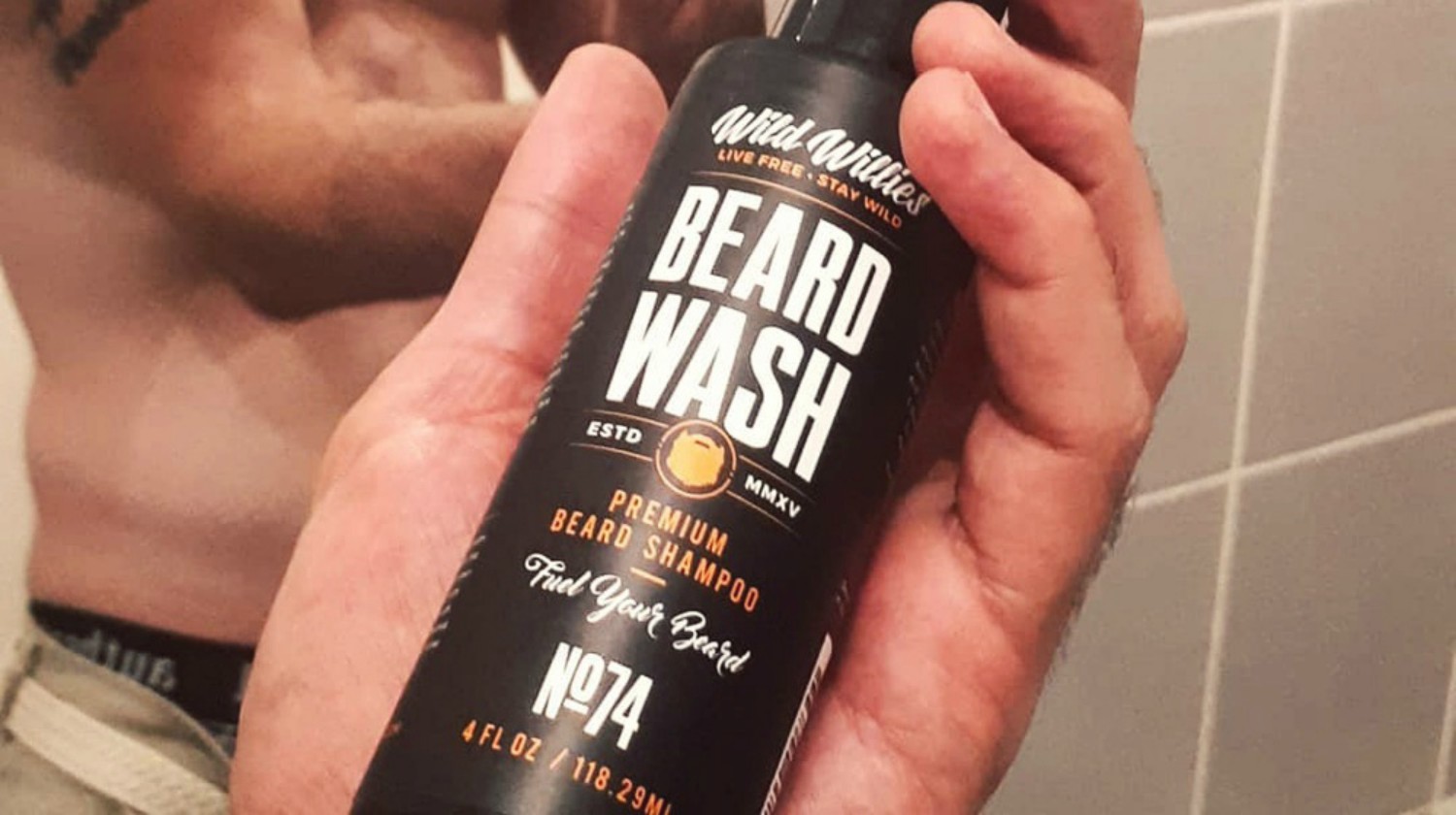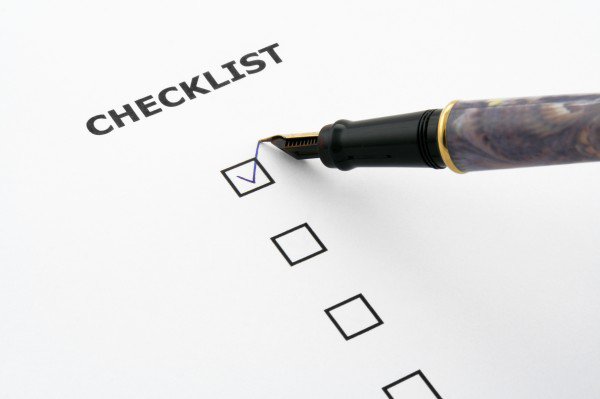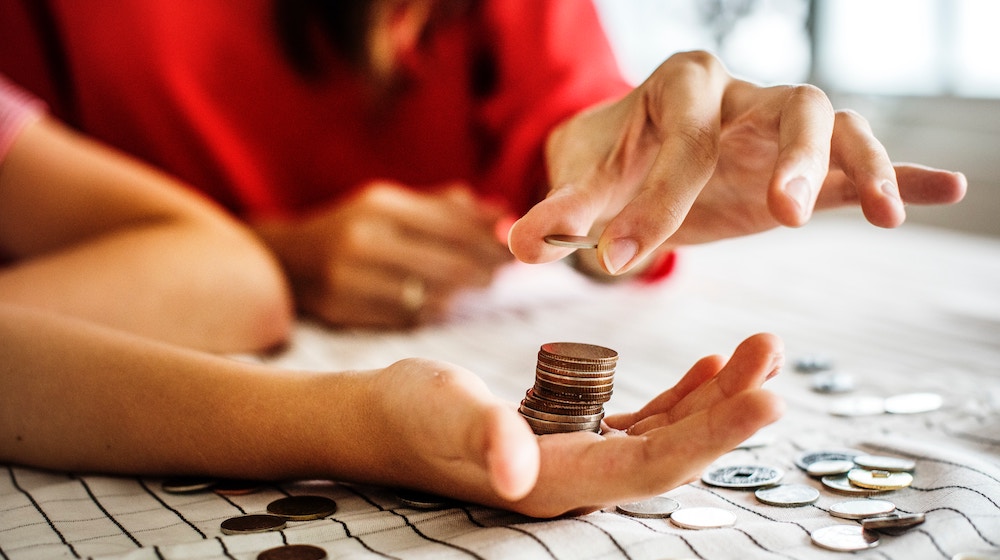Do It Yourself
Natural Household Disinfectants When There’s No More Lysol
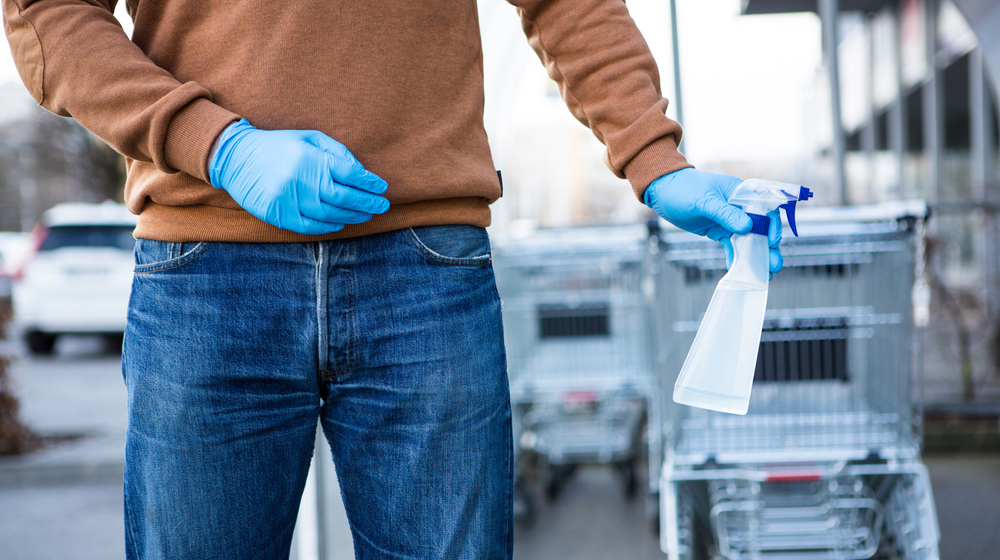
Are you out of Lysol? Are the grocery shelves out of it, too? Don’t panic, you can still make natural household disinfectants you can use to replace the good ol’ Lysol!
DIY Natural Household Disinfectants
If you’ve been watching the news in 2020, you’ve heard a lot of discussion about cleaning and disinfecting your home and your car.
Coronavirus is highly contagious, and keeping surfaces clear of the virus is an important step in preventing the virus from spreading. But store shelves were quickly emptied of the usual household cleaning products as panic buying became rampant.
When you can’t get your hands on the usual Lysol and Purell, you can create effective household cleaners using products you likely have in your medicine cabinet. You can successfully DIY your own hand sanitizer, disinfecting spray, and wipes — without the harmful chemicals.
To make your own disinfectants, you’ll need to have on hand:
- Hydrogen Peroxide, at least 3% concentration
- Isopropyl Alcohol, at least 70% concentration
- Aloe Vera gel
- Spray bottle and Paper towels
The Best Defense
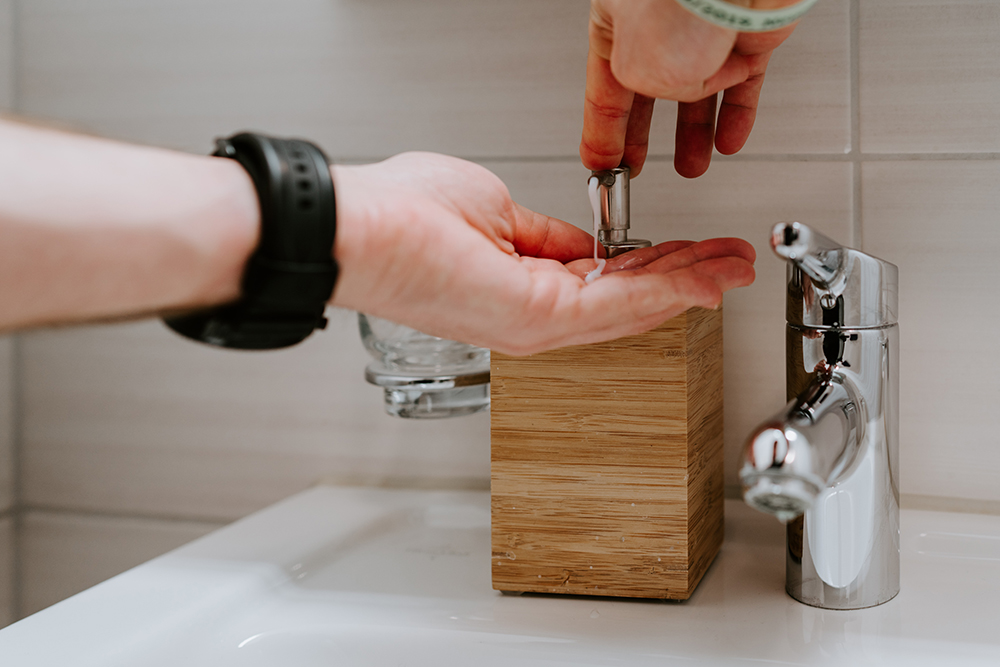
Your absolute best defense against coronavirus, as well as other cold and virus germs, is to wash your hands with soap and water. Hand sanitizer is not a replacement for hand washing. It is simply the best option available when you do not have access to a sink.
DIY Hand Sanitizer
Hopefully, you keep isopropyl alcohol (also known as rubbing alcohol) in your medicine cabinet, as it has been hard to find in stores recently. You’ll want a concentration of 90%+ to make effective hand sanitizer.
- 3 parts isopropyl alcohol
- 1 part aloe vera gel
- 3 drops essential oil for scent (optional)
Keep your hand sanitizer in a small bottle that is easy to keep with you. It’s recommended to shake the bottle before use.
DIY Disinfecting Spray
View this post on Instagram
All you need for this one is a spray bottle and hydrogen peroxide. Simply pour the peroxide into the bottle and spray onto surfaces. Be sure to let peroxide sit on the surface for at least 6 minutes.
DIY Disinfecting Wipes
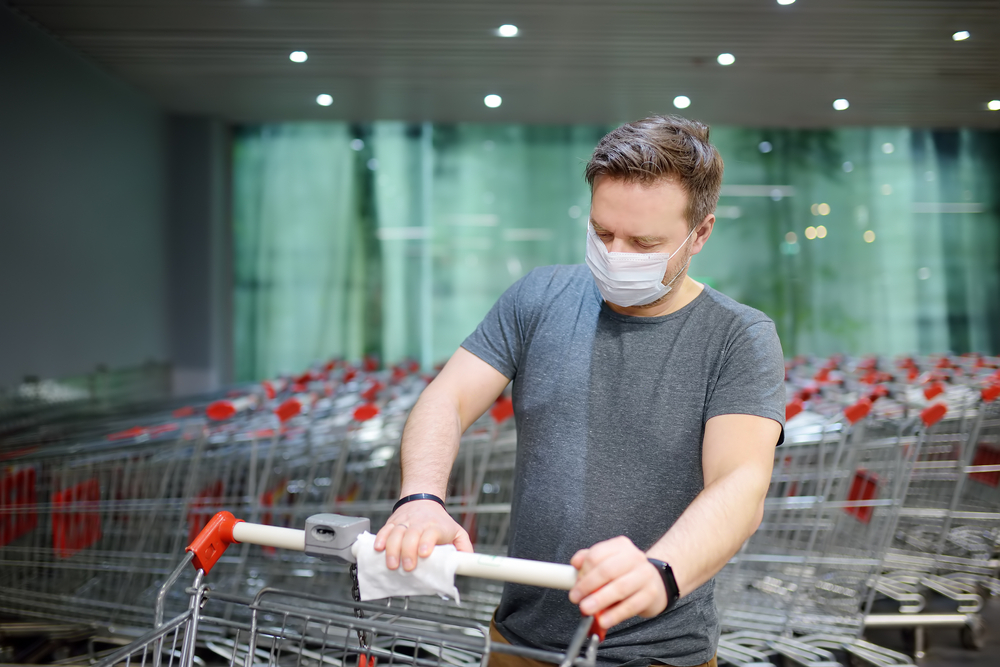
Disposable disinfecting wipes are in high demand right now, as they can be used to quickly and easily clean shopping cart handles, door handles, steering wheels, and anything else you might come into contact with while doing essential business.
When you can’t get your hands on your favorite brands, it’s not hard to make your own wipes. You’ll need:
- Roll of paper towels cut horizontally, to create 2 rolls about the size of toilet paper rolls
- 2/3 cup 99% isopropyl alcohol
- 1/3 cup water
Put the paper towels and liquid solution into an airtight container, like a Tupperware or old wipe dispenser. When the paper towels are fully saturated, remove the cardboard holder from the center and pull towels for use.
If you’re trying to be more eco-conscious, you can make reusable disinfecting wipes that don’t result in so much waste. Instead of paper towels, use an old t-shirt or old towels.
Cut the cotton fabric of your choice into the size wipe you prefer, and soak them in the same alcohol solution in a re-sealable container.
Simply wash the wipes in hot water, and reuse in a new solution.
A Word of Caution
- Keep in mind that hydrogen peroxide needs exposure to the virus germs/your surfaces for at least 6-8 minutes to be effective. It can also break down the finish on granite and marble.
- Isopropyl alcohol can cause discoloration in some plastics, so you’ll want to spot-test before using liberally for cleaning.
- If you are hoping to use vodka to sanitize your home, the brands in your liquor cabinet will likely not get the job done. You will need Everclear (the highest proof alcohol available) to disinfect.
- Vinegar makes a great household cleaner, especially on mildew, dirt, and bacteria, but has not yet been proven to kill virus germs.
As always, be mindful of labeling and storing your cleaning solutions to avoid accidental misuse or ingestion. Strictly adhere to dilution guidelines.
Have you tried making your own DIY natural household disinfectant? How did it go? We’d love to hear from you in the comments section!
Up Next:
-

 Do It Yourself7 months ago
Do It Yourself7 months agoParacord Projects | 36 Cool Paracord Ideas For Your Paracord Survival Projects
-

 Do It Yourself9 months ago
Do It Yourself9 months agoHow To Make Paracord Survival Bracelets | DIY Survival Prepping
-

 Do It Yourself9 months ago
Do It Yourself9 months ago21 Home Remedies For Toothache Pain Relief
-

 Do It Yourself10 months ago
Do It Yourself10 months agoSurvival DIY: How To Melt Aluminum Cans For Casting
-

 Exports8 months ago
Exports8 months agoAre Switchblades Legal? Knife Laws By State

